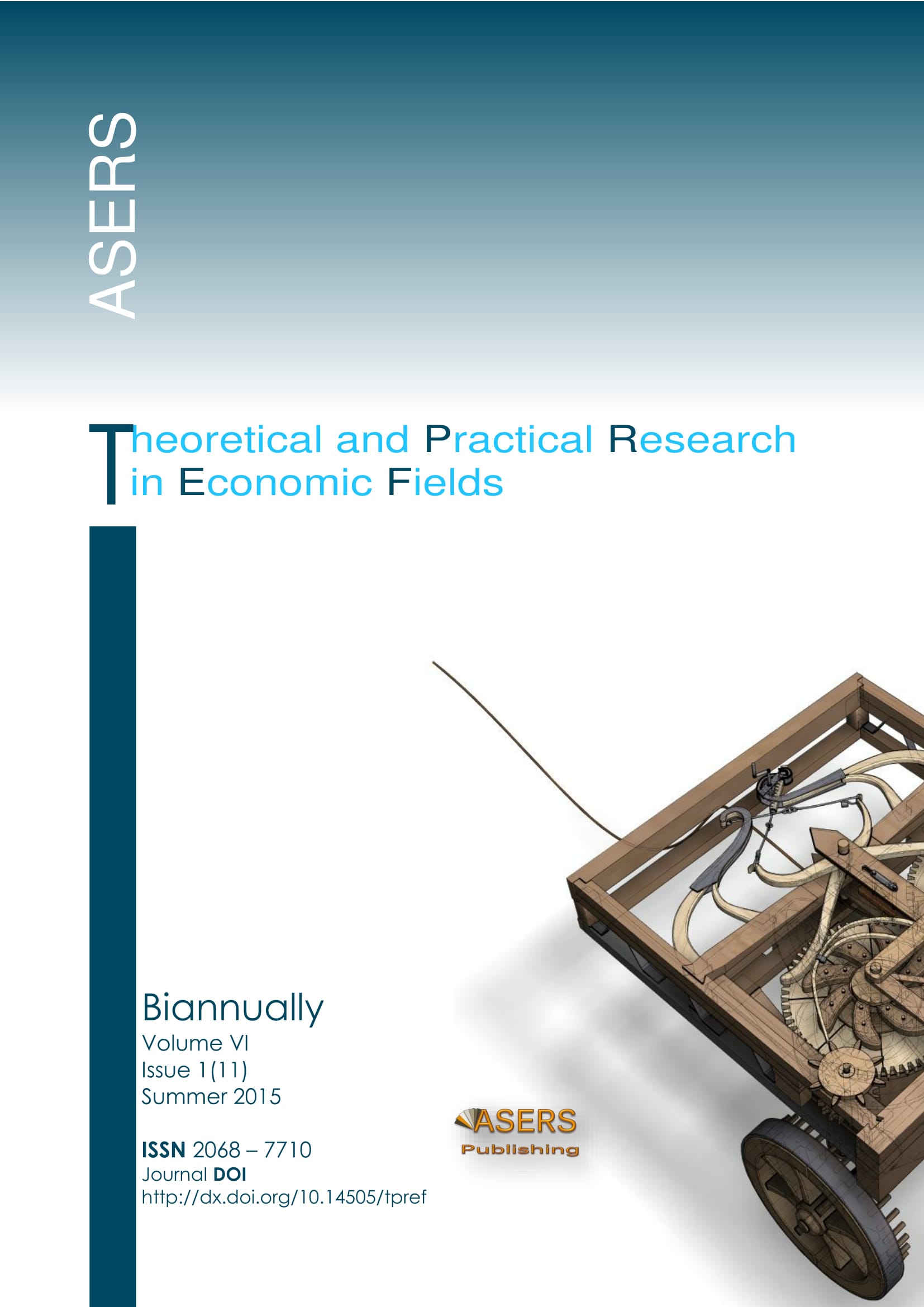Bubbles, Bluffs and Greed
Bubbles, Bluffs and Greed
Author(s): Harashima TaijiSubject(s): Business Economy / Management
Published by: ASERS Publishing
Keywords: bubble; bluff; greed; time preference; representative household; financial supervision.
Summary/Abstract: A rational bubble cannot theoretically exist if people have infinite horizons. This paper shows that a bubble-like phenomenon can be generated by a “bluff” even if people are rational and have infinite horizons. A bluff is defined as the behavior of an agent who pretends to possess private information to gain profits, particularly (false or misleading) information that the representative household’s rate of time preference (RTP RH) has changed. An alternative definition of the representative household indicates that households must ex ante generate an expected RTP RH to behave optimally, but the expected RTP RH has to be generated based on beliefs about the RTP RH. Bluffers exploit the opportunities derived from the fragile nature of the expected RTP RH. The driving force behind bluffs is greed because bluffers do not work hard to gain profits by producing and selling better goods and services more cheaply, but by disseminating contaminated information, or acting in such a way to mislead people into believing the expected RTP RH has changed.
Journal: Theoretical and Practical Research in Economic Fields (TPREF)
- Issue Year: VI/2015
- Issue No: 11
- Page Range: 21-49
- Page Count: 28
- Language: English
- Content File-PDF

